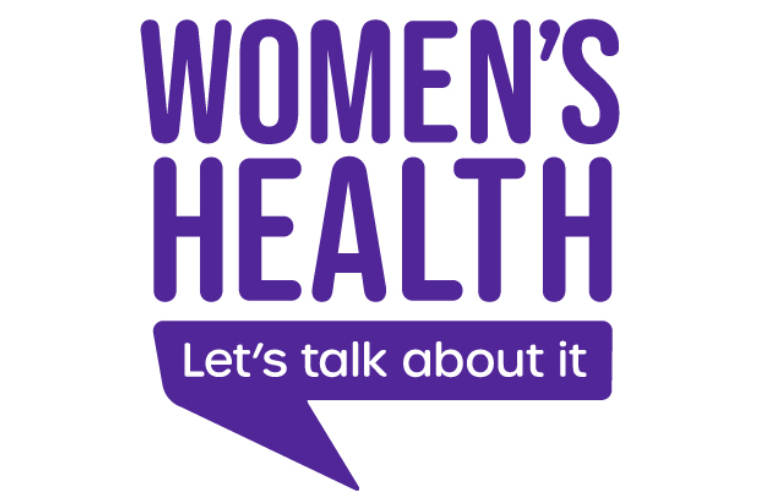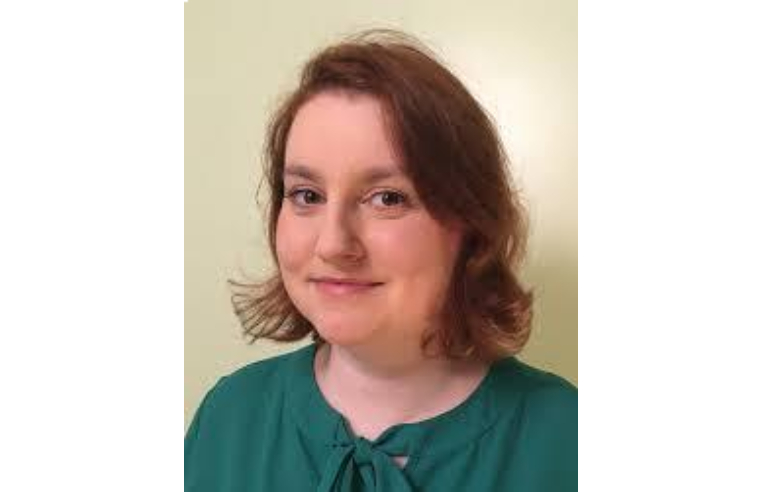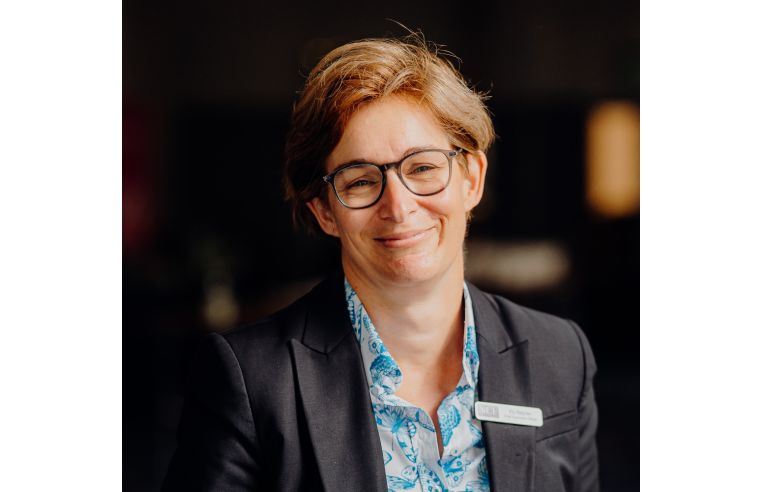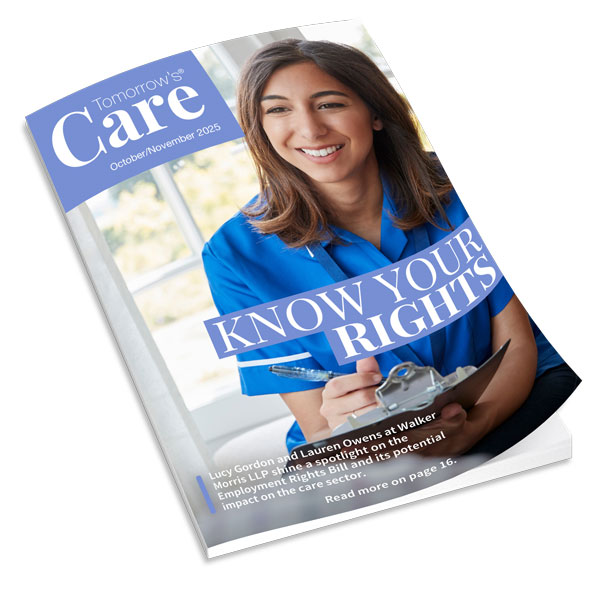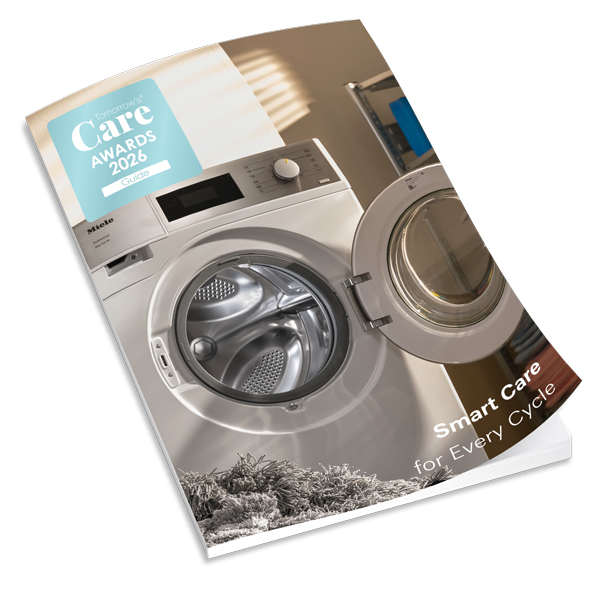An investigation of the healthcare system in England is encouraging women with learning disabilities to share their experiences.
The first ever government-led Women’s Health Strategy has launched a call for evidence to determine whether health services are meeting the needs of women and, if not, how this can be improved.
An easy-read version of the call for evidence has been launched today with the aim of encouraging more women with learning disabilities to share their experiences of the health and care system.
There are approximately 1.2 million people with a learning disability in England, many of whom experience health inequalities as a result of their condition, as well as having common associated health conditions.
On average, women with a learning disability die 27 years earlier than those without. Some examples of other health inequalities include, in 2019/20, just 33.6% of eligible women with a learning disability had an adequate smear test, compared to 68% without a learning disability, and only half of eligible women with a learning disability had been screened for breast cancer, compared to 65% of eligible patients without a learning disability.
Helen Whately, Minister for Care, said: “The healthcare system needs to work for everyone, including and especially for those who perhaps need that bit of extra support in life.
“We know people with learning disabilities have a shorter life expectancy than the general population, and this is especially true for women. I want to make sure we address the inequalities which exist within society and by making this call for evidence more accessible we are opening up the possibilities for more voices to be heard.
“I would urge all women to come forward and share their experience and contribute to the Women’s Health Strategy to help shape a health and care system that works for us all.”
By better understanding women’s experiences, the government can ensure key parts of the health service are meeting women’s needs as they should be.
People who live with and care for women, organisations with experience of providing services for women and those with an expertise in women’s health are also encouraged to share their views.
Women of all ages and backgrounds are being urged to respond to the call for evidence in order to capture the varying health issues women experience over their lives and the significant differences between women in terms of access to services, experience of services and health outcomes.
The easy-read version is now available as an online survey, or in print format for those who need it: https://www.gov.uk/government/consultations/womens-health-strategy-call-for-evidence-easy-read



